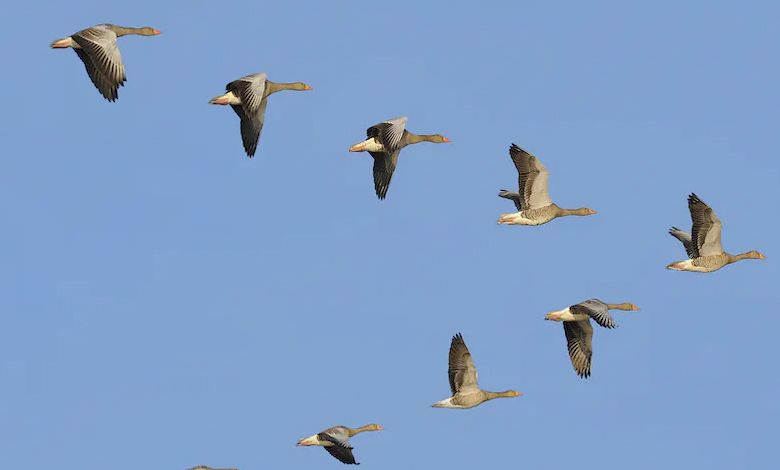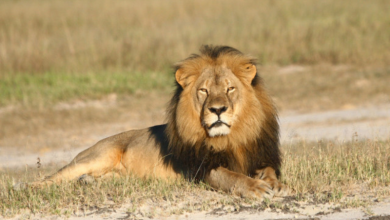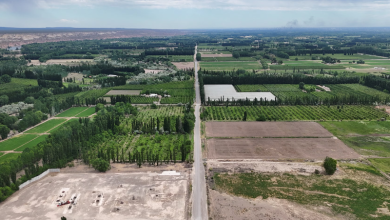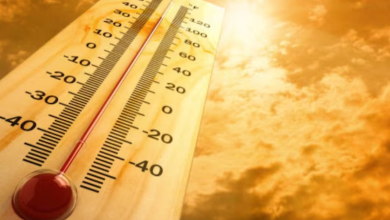
In a poignant reflection of the shifting patterns in our environment, the United Kingdom witnesses a concerning trend as fewer wild swans return during the winter months. This decline, observed in recent years, serves as a stark reminder of the intricate dance between nature and climate change.
Traditionally, the UK’s wetlands and water bodies have played host to a vibrant congregation of wild swans during the winter season. However, the diminishing numbers indicate a potential disruption in their migration patterns, with climate-related factors emerging as a significant contributor.
Rising Temperatures and Altered Habitats
Climate change, marked by rising temperatures and unpredictable weather patterns, has the potential to alter the habitats that wild swans rely on during the winter months. Changes in temperature affect the availability of food sources and impact the delicate balance that sustains these migratory birds.
Ecological Significance
The decline in wintering wild swans extends beyond mere numbers; it holds ecological implications for the UK’s diverse ecosystems. Swans play a crucial role in shaping wetland habitats, influencing vegetation growth, and contributing to nutrient cycling. A shift in their presence could reverberate through the entire ecological web.
Community Engagement and Awareness
The observations regarding declining wild swan numbers serve as a call to action for local communities and environmental advocates. Raising awareness about the interconnectedness of climate change and wildlife behaviors is crucial for fostering a sense of responsibility and inspiring collective efforts for conservation.
Scientific Monitoring and Research
Scientific monitoring and research initiatives become paramount in understanding the nuances of this decline. Studying the migratory patterns, breeding grounds, and feeding behaviors of wild swans can provide valuable insights into the specific challenges they face and guide targeted conservation strategies.
Read More: Protecting Human-Environment Link: Vital Call for Stewardship
Addressing the impact of climate change on wildlife requires collaborative efforts. Government agencies, environmental organizations, and local communities can come together to formulate and implement conservation measures that safeguard the habitats critical for the wintering of wild swans.
UK Swans: Climate Shift Sparks Migration Concerns
The decline in wintering wild swans in the UK is not an isolated incident but part of a larger global narrative. Climate change is reshaping ecosystems worldwide, impacting migratory patterns, and challenging the resilience of various species. This emphasizes the urgent need for coordinated international efforts to address climate change and its consequences.
Wildlife, including wild swans, has demonstrated remarkable resilience and adaptability throughout evolutionary history. However, the pace of contemporary climate change poses challenges that demand swift and strategic responses. Conservation efforts must align with broader climate action goals to ensure the continued well-being of these majestic birds.
As the UK witnesses a decline in the number of wild swans returning during winter, it prompts reflection on our collective responsibility to address climate change. The story of these graceful migratory birds is an integral part of the broader narrative of environmental sustainability. By understanding and mitigating the impact of climate change, we can strive to create a world where the skies are once again filled with the timeless beauty of wild swans, reminding us of the delicate balance we must preserve for generations to come.



